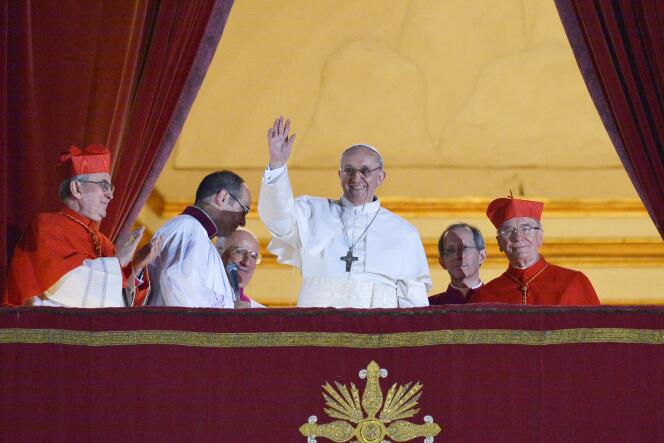


"It will be a disaster." These words, spoken on March 13, 2013 – the day Argentine Cardinal Jorge Mario Bergoglio was elected by his peers to succeed Pope Benedict XVI – by the Slovenian Cardinal Franc Rodé and reported by journalist Frédéric Mounier in his biography of Pope Francis, Le Pape François. Une vie ("Pope Francis: A Life"), reflected the thinking of a significant portion of high-ranking members of the Catholic clergy.
The college of cardinal electors had just elected the first Jesuit pope in history, and the first non-European pope since Gregory III in the 8th century. For many, Bergoglio, who had built most of his career away from the Vatican's inner workings and spoke very little Italian, was not cut out for the role.
Yet 10 years later, and despite rumors of resignation circulating for several years, Pope Francis is still here. At 86 years of age, ailed by a knee problem and the aftermath of colon surgery in December 2021, he continues to travel, to address the world's 1.345 billion Catholics (almost 100 million more than 10 years ago) and to govern a Church. And it is not certain that this will change any time soon. The renunciation of a pope "must not become a trend," he warned in an interview published in mid-February by the magazine La Civilta Cattolica.
You have 94.01% of this article left to read. The rest is for subscribers only.
